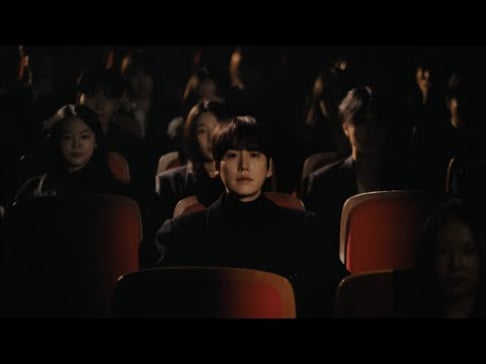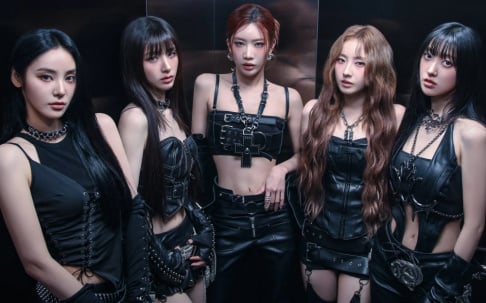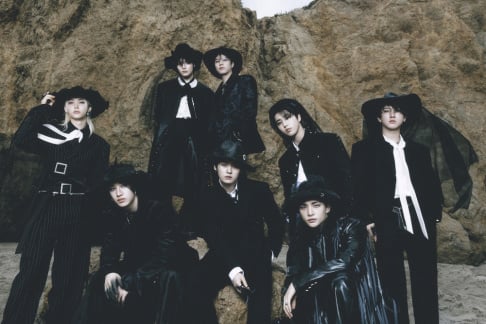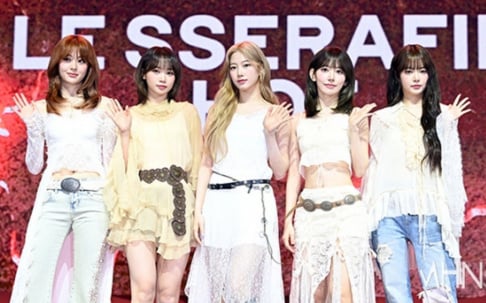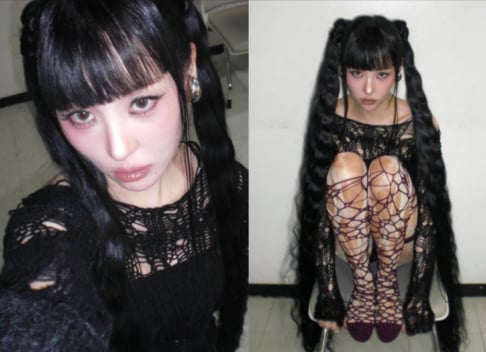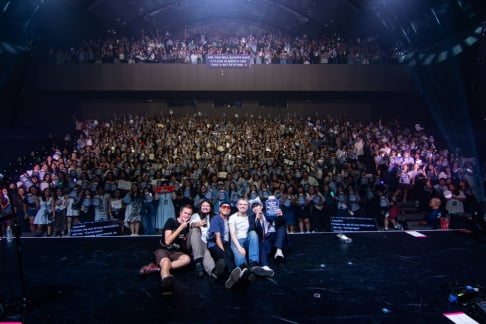
The rise of K-pop into a global cultural force has dramatically shifted how music, fashion, and entertainment are produced and consumed. With a growing international fanbase, many companies are now tailoring their products, merchandise, albums, and especially songs to appeal to non-Korean audiences. But not everyone sees this as progress. Some longtime fans argue that K-pop has lost its original charm, the uniqueness that once made it so exciting and distinctly Korean feels harder to find now.
One of the most noticeable changes is the rise of English-language releases. More and more idol groups are putting out singles entirely in English, even though they’re promoted as Korean acts. This shift has left some fans questioning whether the industry is prioritizing global marketability over cultural identity.
Back in the day, groups embraced quirky, unpredictable, and unapologetically bold concepts. Think of SHINee during their 'Sherlock' era, 2NE1 with their rule-breaking fashion and fierce attitude, or TVXQ in the dramatic 'Triangle' era. Even groups like T-ara delivered unforgettable moments with mega hits like 'Roly Poly' and 'Bo Peep Bo Peep'. These songs weren’t just catchy, they came with entire worlds of storytelling, theatrical flair, and a fearless embrace of being different. So where did that energy go?
For many, that distinctiveness is what first pulled them into K-pop. But now, with its increasing integration into mainstream Western music, fans are seeing more international collaborations and fewer traditional K-pop elements. Instead of unique Korean sounds, we’re getting polished pop tracks that could just as easily be from any American or UK chart.
Some argue that this shift is only natural. K-pop, from its earliest days, has drawn inspiration from Western genres, whether it was smooth R&B vocals in the late 90s, the rise of hip-hop elements in the 2000s, or the EDM-driven sound that dominated much of the 2010s. From this perspective, today’s changes are part of a long-running evolution, not a cultural loss. As K-pop’s audience grows beyond Korea, adapting to global tastes might seem like a smart, even necessary, move.
But not everyone sees it that way. For some fans, the heart of K-pop was never just about polished performances or trendy beats. It was the uniquely Korean blend of storytelling, visual creativity, and cultural quirks that set it apart. What made K-pop unforgettable was its distinct flavor: bold fashion choices, experimental concepts, and a musical identity rooted in the Korean language. As some groups pivot toward full English albums, generic aesthetics, and Western-style production, longtime fans worry that what made K-pop feel different is slowly disappearing.
So here’s the big question: has K-pop become too westernized, or is it simply maturing with its expanding global audience? And more importantly, is it still possible to strike a balance - one where innovation and international growth don’t come at the cost of authenticity and cultural soul?
SEE ALSO: YG Entertainment confirms BLACKPINK's comeback in January
 SHARE
SHARE























